Why one of television’s most popular shows is also one of the most problematic
CBS’s The Big Bang Theory mocks geek culture, stereotypes women, and belittles people with Aspergers Syndrome, all in the course of thirty minutes.
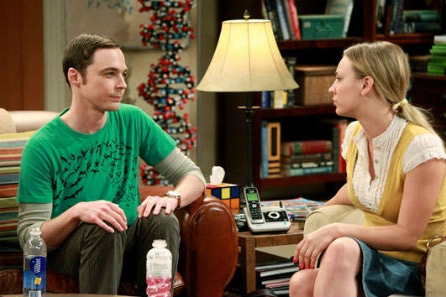
The Big Bang Theory, which returns for a seventh season on September 26, regularly draws in over ten million viewers.
The Big Bang Theory, created by Chuck Lorre, has become one of the most popular shows on television and has been credited with the popularization of what it means to be a geek. However, despite the show’s premise, The Big Bang Theory isn’t for anyone that identifies themselves as an intellectual or comic book enthusiast. This is because because the show doesn’t laugh with geeks; it laughs at them.
The Big Bang Theory essentially revolves around the antics of three physicists, one engineer, and their endless attempts to gain the affections of various women. A central cog to this is Penny: Leonard Hofstader’s on-again off-again girlfriend. Penny is clearly the show’s most relatable character as she doesn’t understand the “nerd world”; however, the sexism surrounding her stereotypical portrayal is in no way a positive or redeeming aspect of the show.
Penny is a waitress and part-time actress who is often blamed for having zero marketable or practical skills. It is her sex appeal that triggers her various hijinks with men. Though this trope is all too common in TV today, Penny has the distinct disadvantage of being in direct contrast to brilliant physicists whose luckless flirtation with her are exploited to incite humor.
The other female characters don’t fare much better. Either they are portrayed as asexual, nonemotional scientists such as Amy Farrah Fowler or they are defined by their promiscuity towards the male characters on the show. Such stereotyping continues to entrench society into sexism and only furthers the completely false perception that most women are not only unintellegent but also simple, one-dimensional objects not whole individuals.
The main male characters are abused with similar stereotyping. They aren’t traditional anti-heroes–they’re punchlines. The way The Big Bang Theory is setup, we are meant to identify with Penny and her lack of understanding regarding fandoms and science. You just have to pay attention to the laugh tracks to see that Penny doesn’t understand their Higgs Boson puns. We are supposed to follow her example because apparently it’s more socially acceptable to be ignorant of science and history.
For example, in one episode Leonard makes a comment about owning a Star Trek officer uniform. Immediately afterwards, a laugh track plays. There is no joke here. We’re meant to laugh at the reference; we’re meant to laugh at the fact that Leonard owns a Star Trek officer uniform. And because the audience is meant to identify with Penny who is “normal,” we gain a perception of her superiority over the other four characters, even though she is the one portrayed as vacuous. The creators are essentially saying “don’t worry that these four guys have a higher IQ than you; they have no social skills and own The Lord of the Rings: Extended Edition on DVD.”
But it’s not just intellectuals and girls that are getting televised wedgies by Chuck Lorre. Many psychologists have accused the show of belittling people with Aspergers Syndrome through the portrayal of the character Sheldon Cooper. Though not technically autistic according to the shows canon, he is continually ridiculed for his eccentricities and unchanged habits, which are the very things that have led people to the assumption that he has Asperger’s.
My friends and I have been compared to Sheldon or Leonard and though I generally take it as a compliment, I am aware that it is usually meant as an insult.
— Jack Youngblut
This would be fine if Sheldon was treated as a heroic or even as a likeable character. Other shows have characters that are academics with glaringly poor social skills but they do not blatantly exploit them for laughs to the high degree that The Big Bang Theory does. Community’s Abed and the Bridge’s Sonya Cross are fully fleshed-out characters with both weaknesses and strengths who overcome their situation in spite of any prejudice they may encounter.
My friends and I have been compared to Sheldon or Leonard and though I generally take it as a compliment, I am aware that it is usually meant as an insult. The show masquerades as pro-geek because the actors go to conventions and their products can be found in comic book stores, but in reality The Big Bang Theory is the worst kind of bully: the guy who pretends to be your pal and then makes fun of you on basic cable.

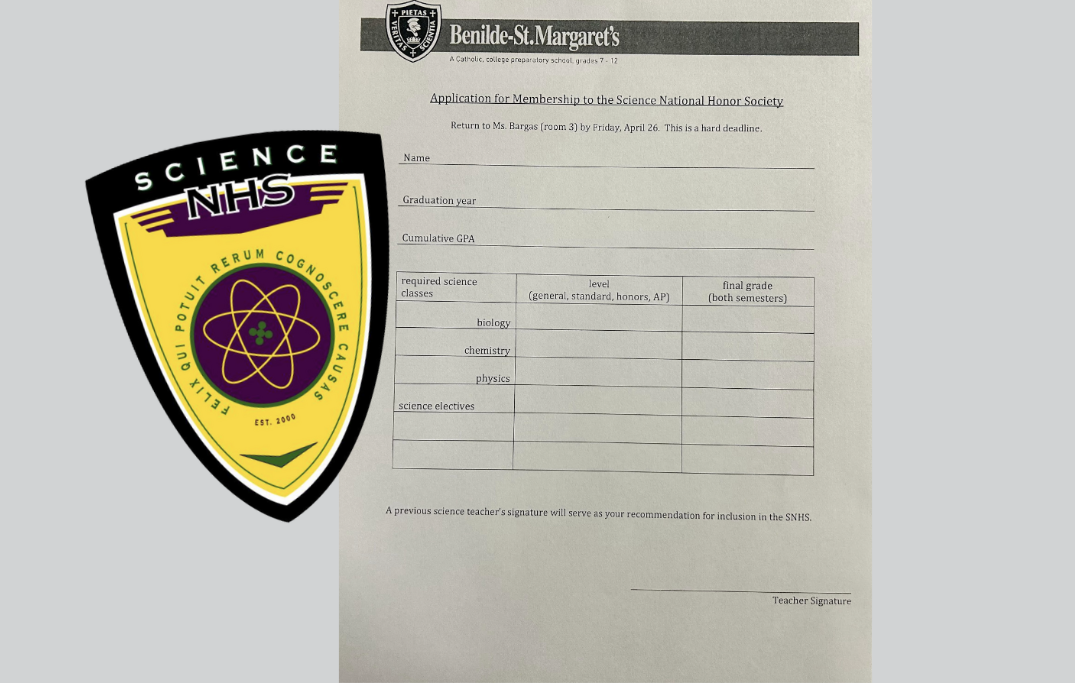
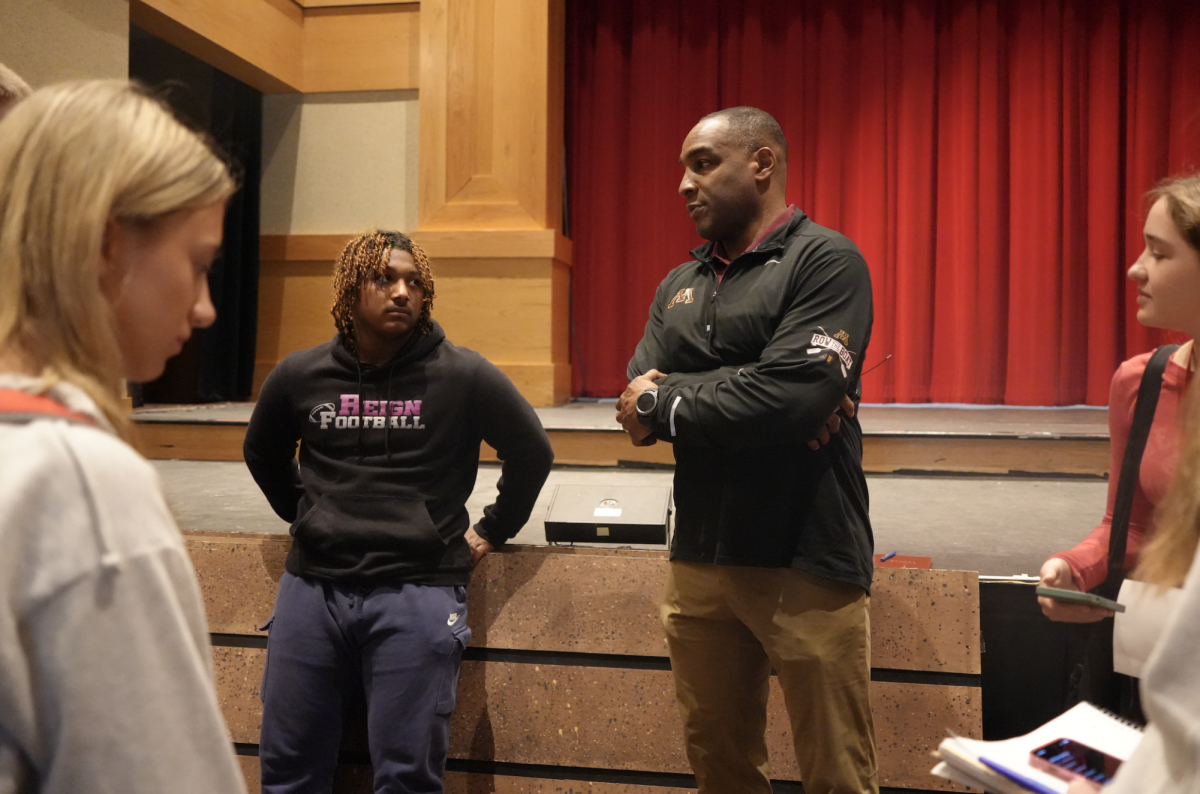



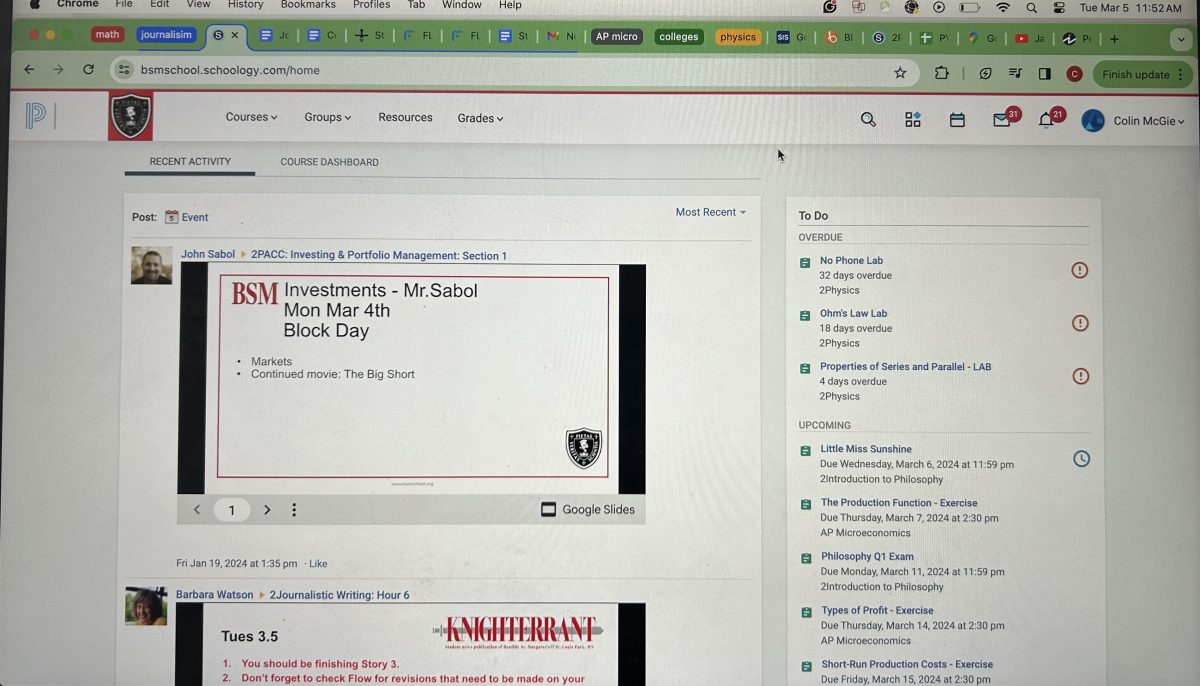

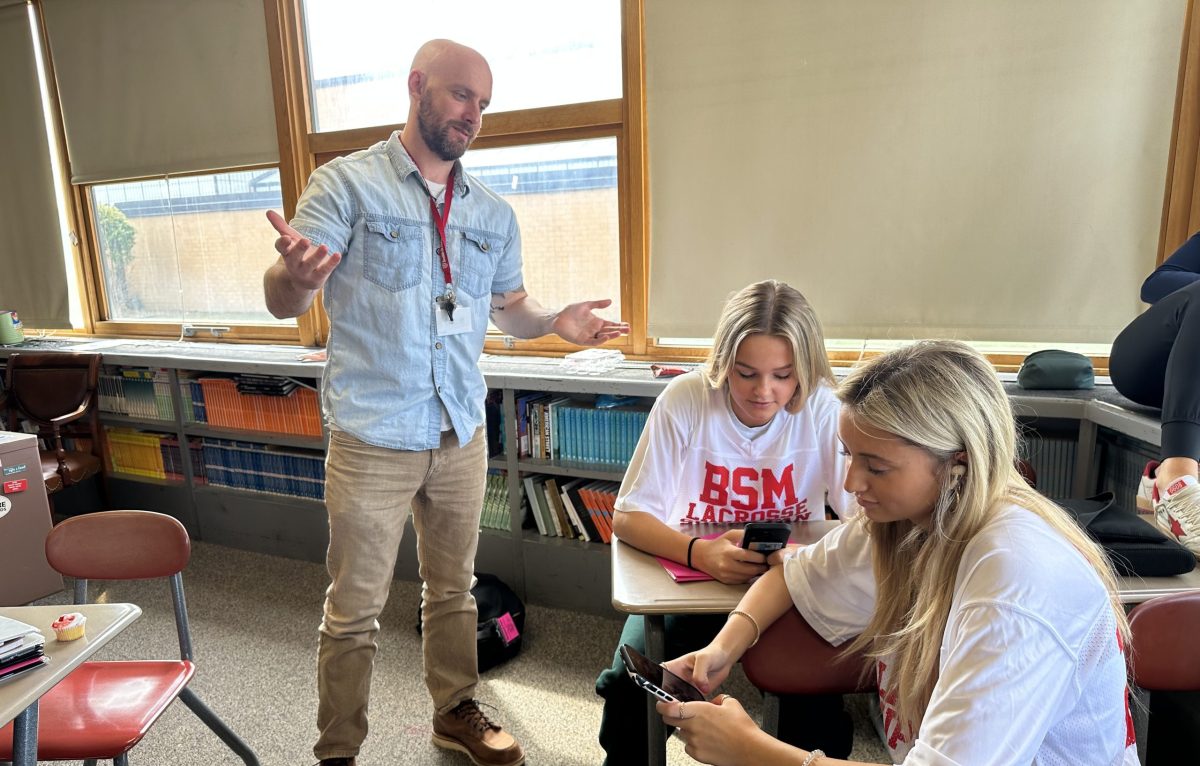




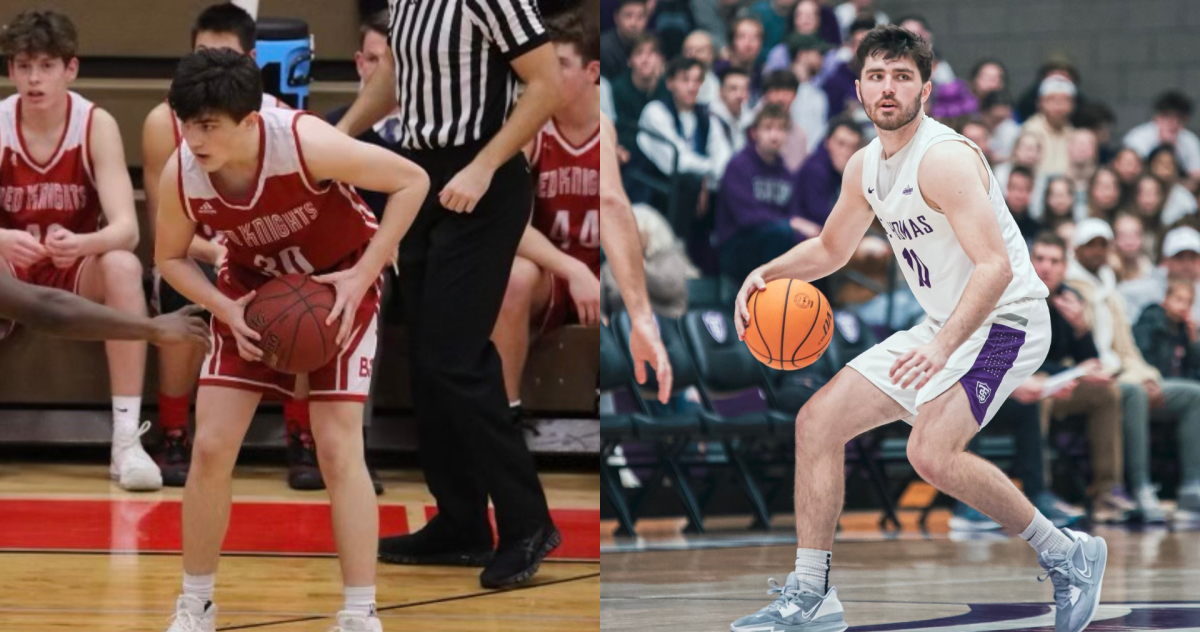





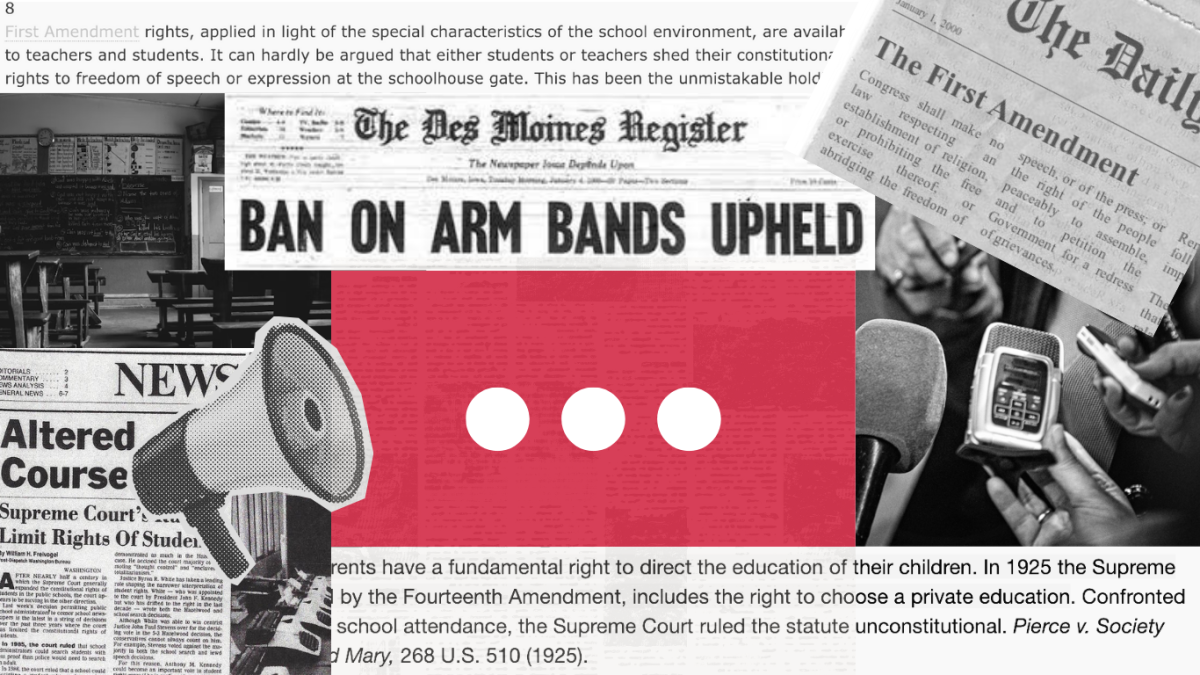




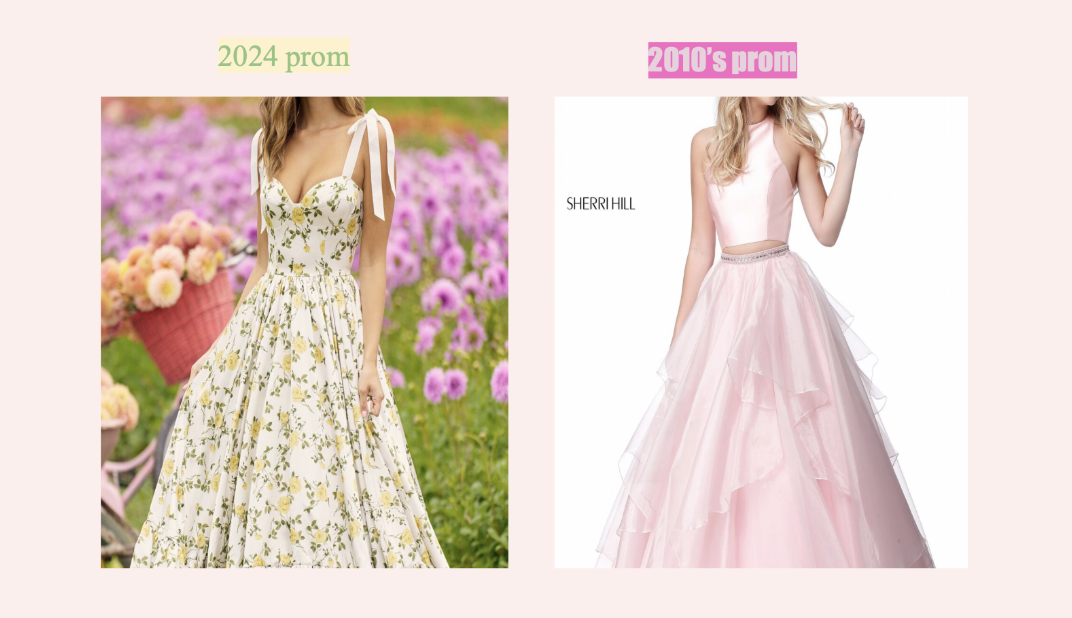

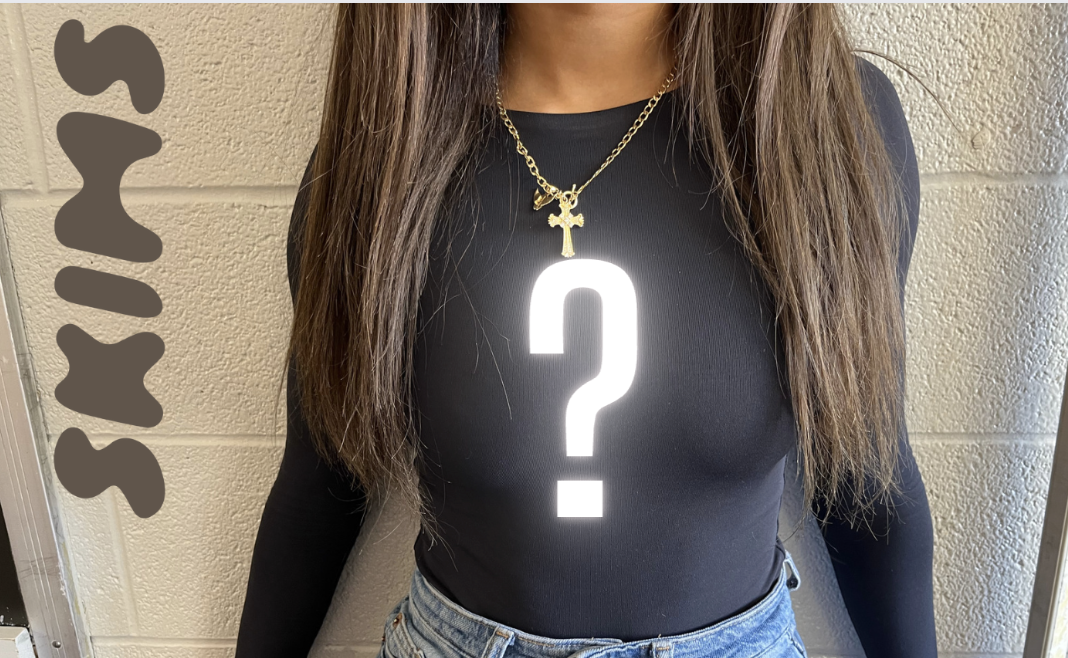












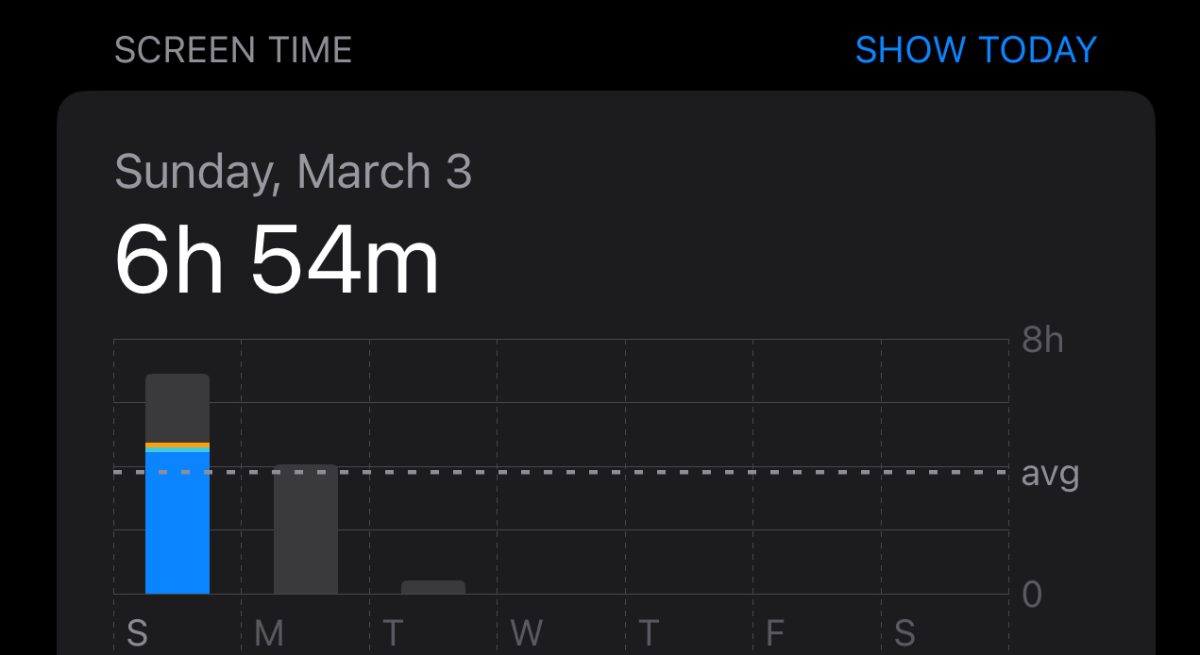
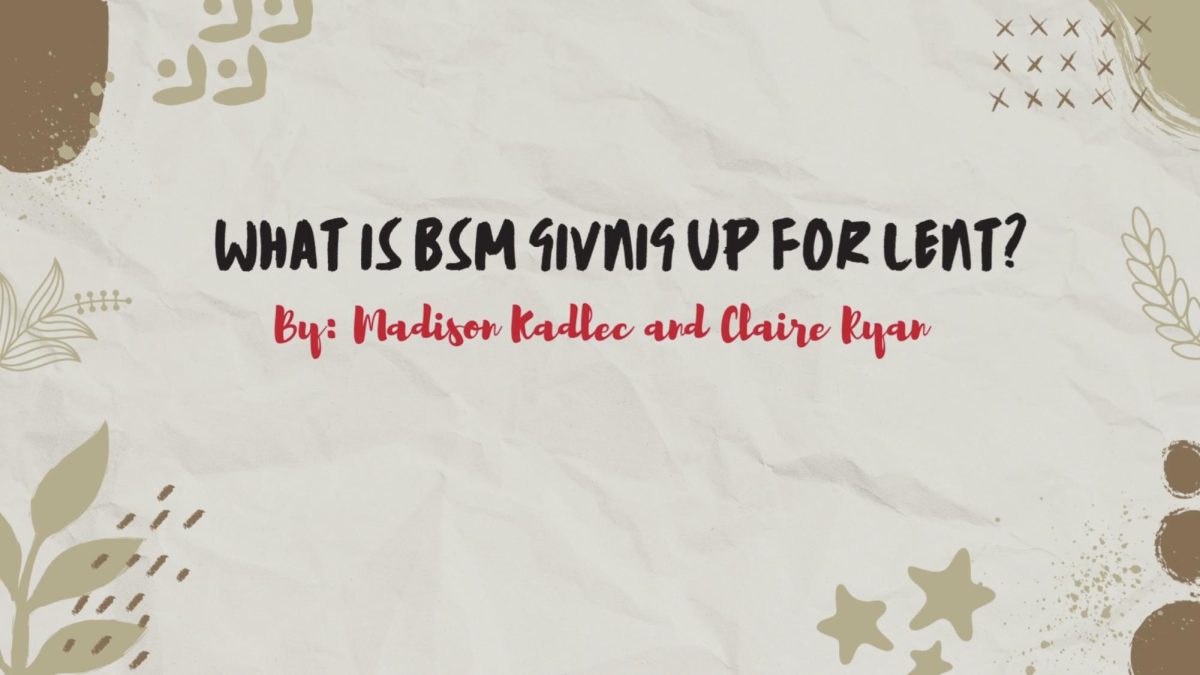


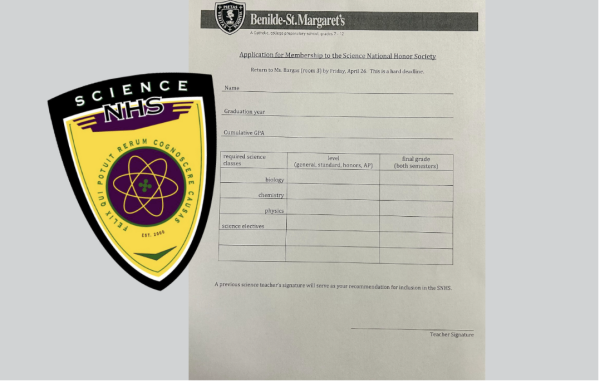
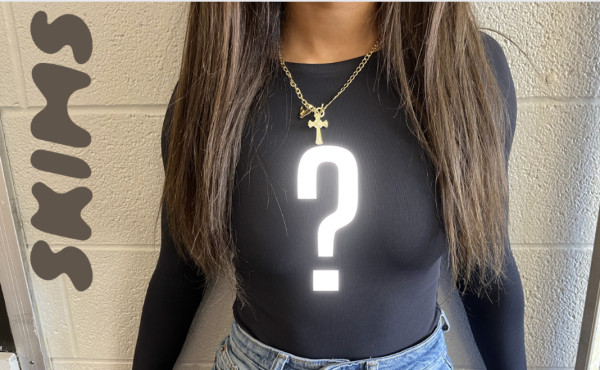
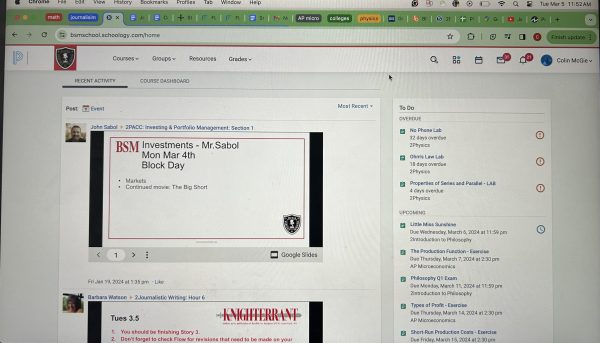
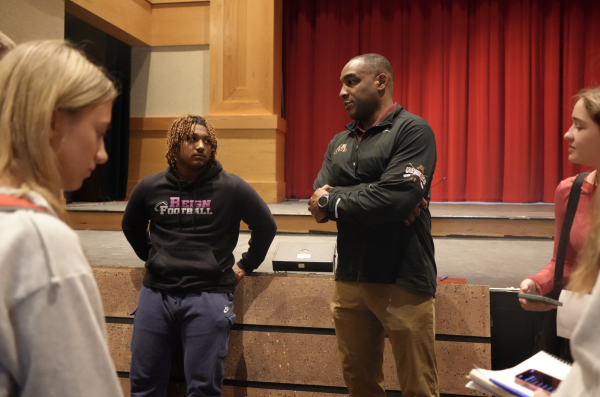


Julia V • Sep 12, 2013 at 10:08 pm
Thank you! People usually look at me like I’ve just said that I hate puppies or something when I say I’m not a huge fan of Big Bang Theory. The show just tends to make me feel bad for my geeky habits. :C
Adrian Ng • Sep 10, 2013 at 11:19 am
Really? Personally, I think quite the opposite. As a total nerd, I love the show and am not offended at all. I see it as an accurate portrayal and a new spin on “the Nerd” that hasn’t been seen before. If anything, I think BBT romanticizes geek culture through the humor, intelligence, and daily lives of the characters when past shows have romanticized “the Jock” or “the Cheerleader” and jobs like “the Athlete” “the Doctor” “the Detective” or “the Writer”. It’s like the show Friends: When you can put your friend group in the same situation and see similar yet hilarious events unfolding, there is a sense of comic empathy rather than shame. I love it when they spew long scientific words or reference nerdy things and I understand it. If someone who’s not a nerd and begin to laugh at and bully people who act like those portrayed in the show, then I understand how argument of how the show “laughs at geeks, not with them” may be pertinent. But as a nerd, I definitely laugh with the show. I don’t see the humor as teasing, so much as comic relief. Also, I find that Penny becomes a deeper character in the later seasons as she moves away from being the flaky blonde in the first season.
But it’s all a matter of perspective, I suppose. I’m sorry for the people who feel teased by BBT.
Elisabeth Krane • Sep 9, 2013 at 11:19 pm
I went back into my abnormal psychology file from two semesters ago, and realized I meant to refer to SCHIZOID rather than schizotypal personality disorder. My apologies!
Elisabeth Krane • Sep 9, 2013 at 11:16 pm
I personally disagree that Big Bang Theory portrays a negative stereotype. Using this article’s example of Leonard’s Star Trek uniform, I laugh because I relate to Leonard in that moment. I am a proud owner of a handmade Ravenclaw robe, which I wore to Harry Potter movie premieres (and still wear every Halloween). I understand Leonard’s moment of wondering, “Will Penny understand how great this is?”, because I am often hesitant to reveal that I own a “costume” to friends who I know aren’t as into the Harry Potter series as I am. Friends usually enjoy my quirky (and very realistic) robe and wish they had one of their own. That’s why I laugh–because I recognize myself in Leonard’s situation in that moment.
As for portraying AS in a negative light, I believe there are several other explanations for Sheldon’s personality. One is that Sheldon was simply so intellectually ahead of his peer group and family that he never learned proper social interaction skills. Now he has these bad habits that he must work very hard to break, and he doesn’t want to break them because they make up his personality. If I were Sheldon, I wouldn’t want to pretend to be someone I’m not just to please others. Another explanation is that Sheldon has an avoidant, narcissistic, or schizotypal personality disorder. His egotism and social ineptitudes fit him into one of those three categories; without his full medical history, we can never know which disorder he may suffer from. Finally, no matter what contributes to Sheldon’s personality, I find him endearing. In season 3 we see a flashback to the first few weeks Leonard and Sheldon lived together. Sheldon was much more rigid, antisocial, and controlling than we have previously seen Sheldon, even in the earliest episodes. Although he does not treat Leonard as we think a friend ought to be treated, he does demonstrate a close attachment to Leonard and, in brief moments, illustrates that he truly does value Leonard’s companionship. Finally, his close relationships with the other scientists and Penny, as well as his willingness to bend his rigid rules in his relationship with Amy Farrah-Fowler, show that he is learning to show his emotions and illustrate that he truly values the people in his life.
I certainly understand your point, and do think that casual watchers of the Big Bang Theory may see only the nerdy and girly “stereotypes.” However, I think the writers have written charming, believable characters that don’t fall into traditional TV stereotypes, and have created a show that is down-to-earth, humorous, and realistic.